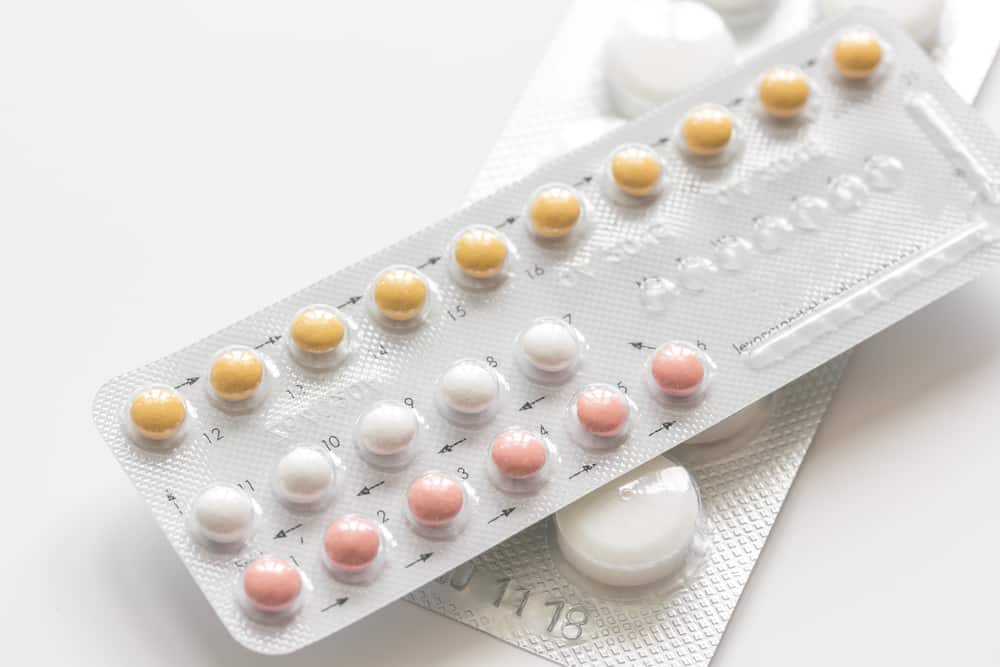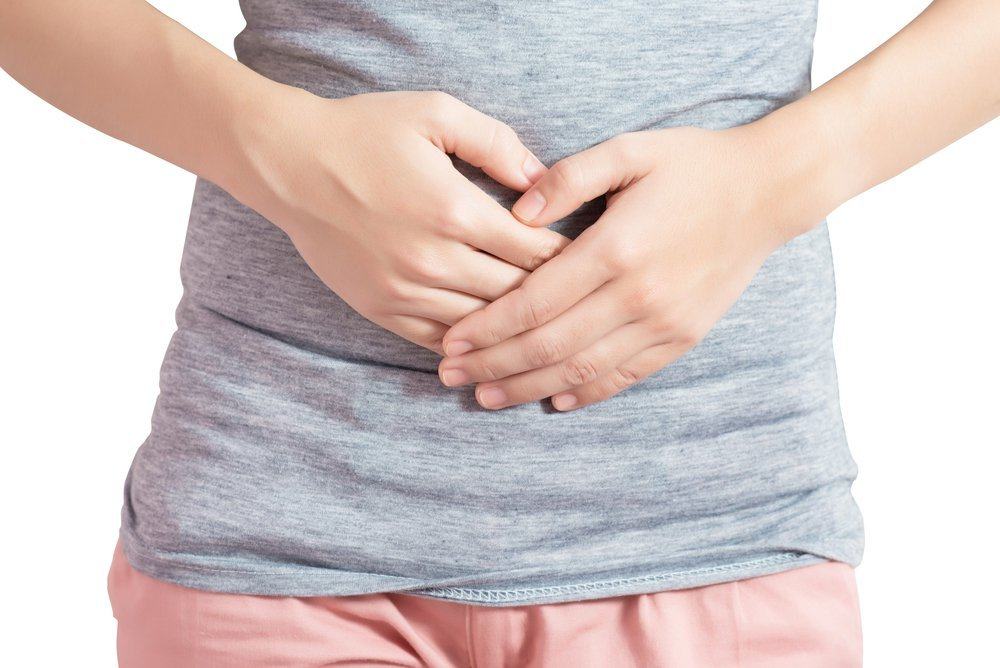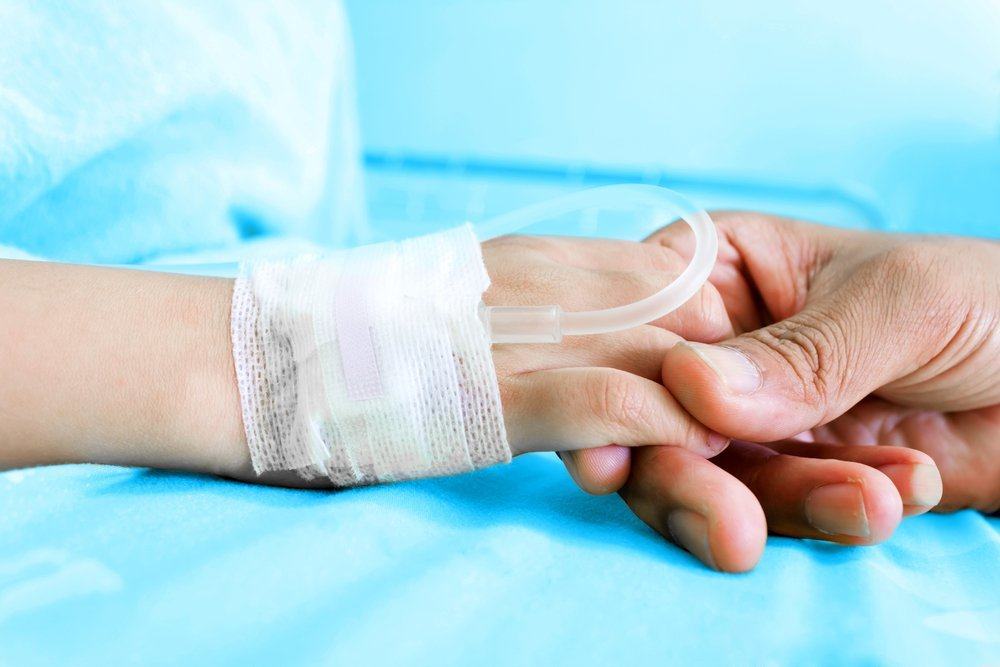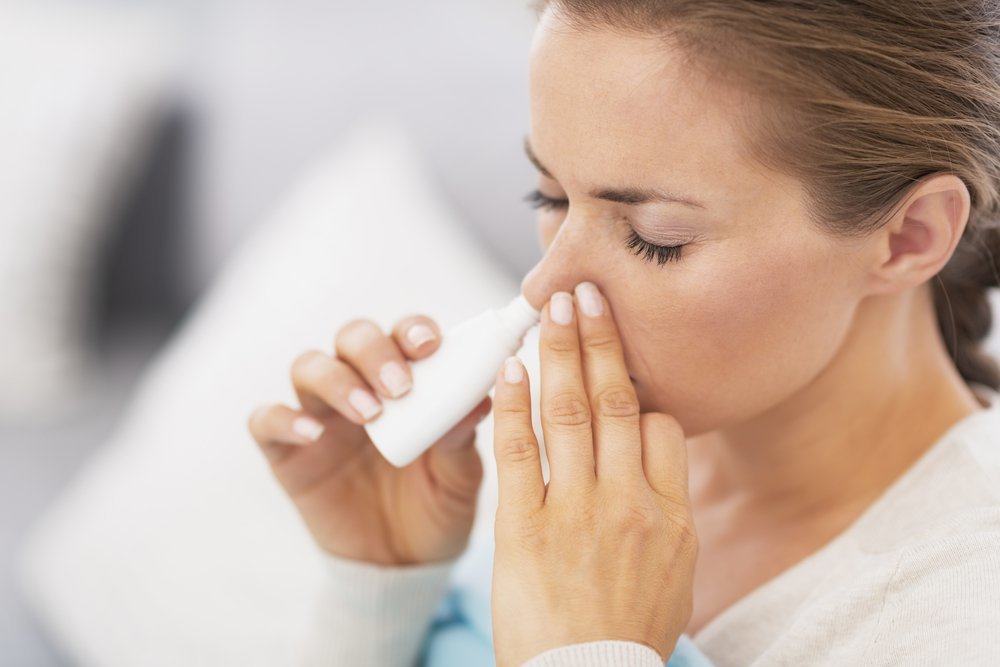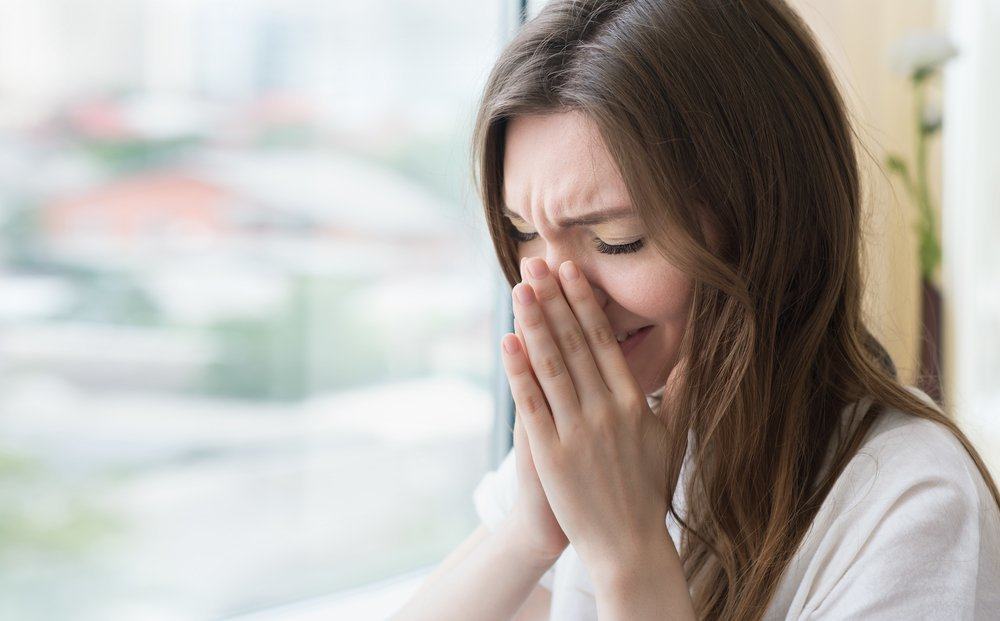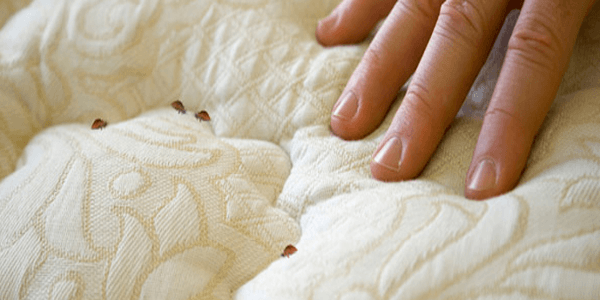Contents:
- Medical Video: Women's Health : Health Risks of Birth Control Pills
- First identify what are the causes and symptoms of vaginal yeast infections
- Why can vaginal yeast infections be a side effect of birth control pills?
- How to treat vaginal yeast infections
Medical Video: Women's Health : Health Risks of Birth Control Pills
Birth control pills are one of the most effective methods of pregnancy prevention. On the other hand, most women report experiencing some side effects from the use of oral contraceptives. One side effect of birth control pills that is mild and transient, but often not realized, is an alias of a vaginal fungal infectioncandidiasis. How come?
First identify what are the causes and symptoms of vaginal yeast infections
The vagina is the ideal place to live for the Lactobacillus acidophilus bacteria. Lactobacillus is a good bacteria that is in charge of maintaining the balance of other bacterial and fungal populations that also live down there. The balance of this population can be disrupted by many things that cause infection.
Fungal infections of the vagina are generally caused by excessive growth of the Candida albicans fungus. The mushrooming of this fungus causes vaginal itching, feels hot, pain when urinating or having sex, and produces abnormal vaginal discharge (liquid chunky and foul-smelling textured).
Vaginal yeast infection is one of the types of infections that most often affects women. According to the Medical News Today page, according to The National Women's Health Resource Center, about 75 percent of women have had vaginal yeast infections at least once in their lifetime. Even in some women, this infection can occur repeatedly.
Why can vaginal yeast infections be a side effect of birth control pills?
Side effects of birth control pills can increase your risk of developing vaginal yeast infections. This is because birth control pills contain ethinylestradiol, a synthetic version of estrogen and progestin that is produced naturally in a woman's body.
This synthetic hormone combinationcan interfere with the balance of the hormone estrogen and natural progesterone in the body. If hormone levels are not balanced, blood sugar can increase dramatically. But this excess sugar does not only occur in your blood, it is also present in sweat, urine and body mucus - including mucus that lines the vaginal walls and vaginal fluids.
Sugar is a favorite food of mushrooms. So it's not surprising that the fungus will thrive in a place that has a lot of sugar content.In the end, the fungus will develop rapidly and infect the vagina.
Basically, the use of any type of contraceptive can increase your risk of vaginal yeast infections with the same mechanism. This includes spiral contraception (IUD), patchy,and KB rings.
Even so, the current version of several types of KB hormones that exist today no longer present the same effect. You can consult your obstetrician to determine what contraception is best for you. Your doctor may also reduce your hormone KB dose to reduce the risk of fungal infections.
How to treat vaginal yeast infections
Vaginal yeast infections can be treated with over-the-counter medicines at pharmacies or food stalls. For example, drinking medication or antifungal ointment.Most fungal infections can heal within one to two weeks. But you should still consultat the pharmacist or doctor before using it.
Some antifungal creams that work effectively to deal with infections include:
- Clotrimazole (Gyne Lotrimin)
- Butoconazole (Gynazole)
- Miconazole (Monistat)
- Tioconazole (Vagistat-1)
- Terconazole (Terazol)
When using these drugs, you are encouraged to 'fast' sexual intercourse during treatment. This aims to prevent the transmission of fungal infections to your partner. In addition, antifungal drugs can also reduce the effectiveness of condoms.
If you have taken anti-fungal infections but there are no significant changes, you should consult your doctor for further treatment. Especially if you feel other symptoms such as abdominal pain, fever, foul-smelling vaginal discharge, suffering from diabetes, having HIV, being pregnant or breastfeeding.
There is nothing better than trying to prevent fungal infections. Well, take care of your female area with the following:
- Use cotton underwear
- Use loose pants, shorts, or skirts
- Avoid using pants that are too tight, including stocking
- Keep the vaginal area clean and dry
- Change bathing suits as soon as possible after swimming
- Avoid unnecessary antibiotics and excessive sugar

